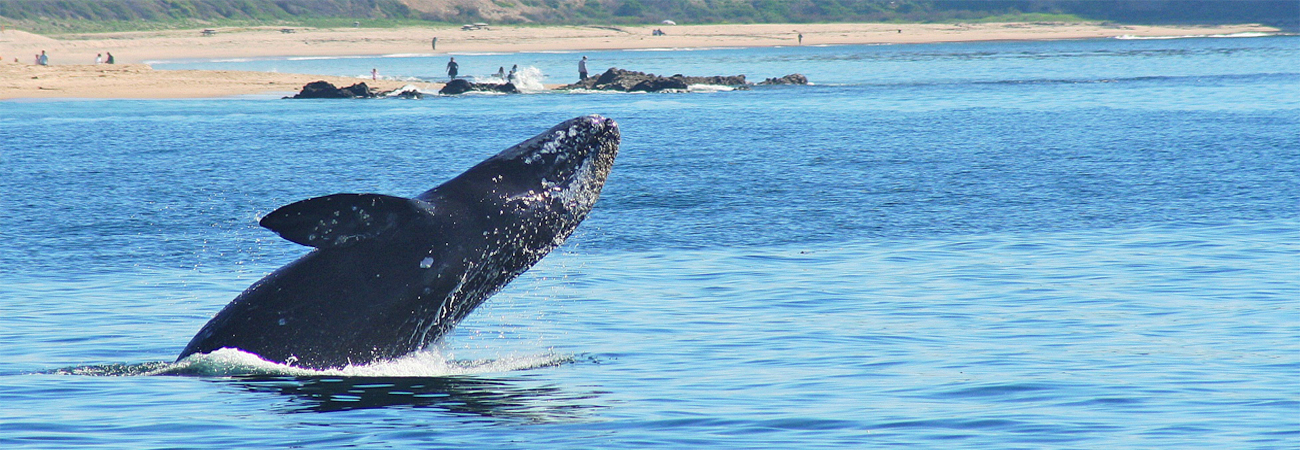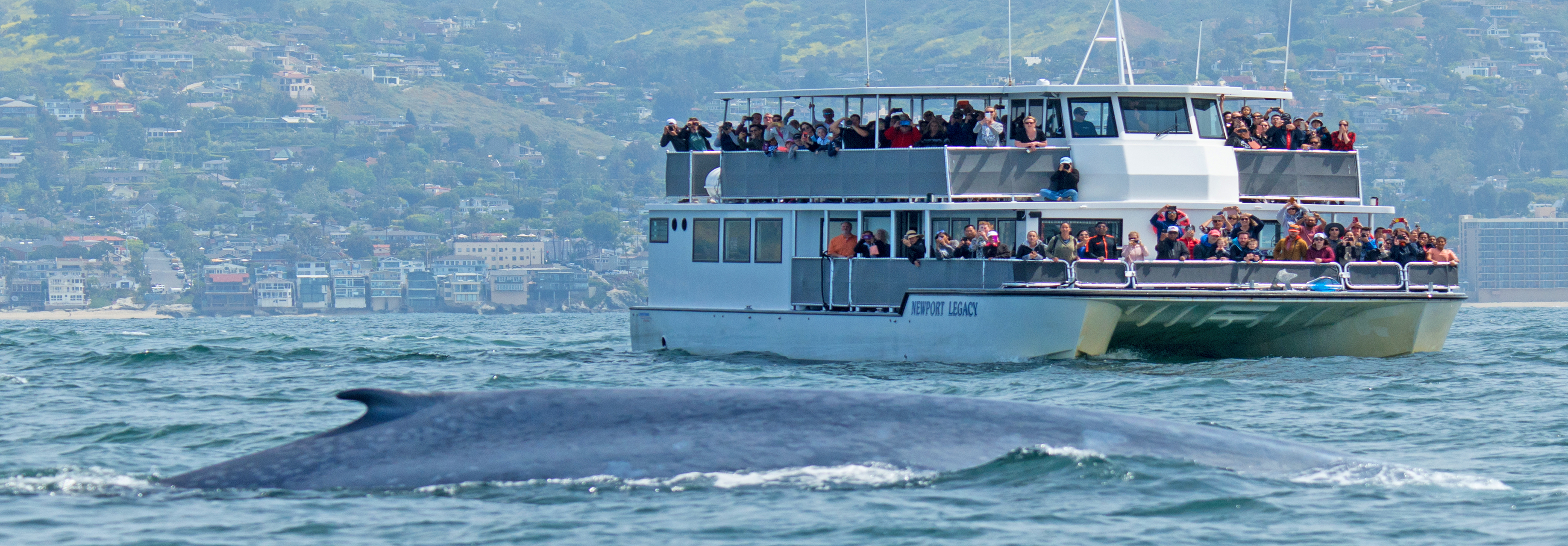
Sea sickness and how to prevent it while whale watching.
Sea sickness, also known as motion sickness, is a common condition that affects some individuals when they are on a moving platform, such as a boat or a ship. It occurs when there is a conflict between the visual information received by the eyes and the signals sent to the brain by the inner ear, which is responsible for maintaining balance. The brain gets confused by this discrepancy, leading to symptoms like nausea, dizziness, vomiting, fatigue, and sweating. While the exact cause of sea sickness is not fully understood, it is believed to be a result of the brain's difficulty in processing conflicting sensory inputs.
When preparing for a whale watching trip, there are several strategies that can help alleviate or prevent sea sickness. One of the most effective ways is to choose a seat or position on the boat that minimizes motion. The middle of the boat tends to experience less rocking and swaying compared to the front or back. Additionally, staying on the deck where you have access to fresh air and a clear view of the horizon can help reestablish visual cues and reduce symptoms.
Another approach is to focus on a fixed point in the distance, such as the horizon or a distant landmark. By keeping your eyes fixed on a stable reference point, it can help reorient your brain and reduce the sensory mismatch. Avoiding excessive head or body movements and maintaining a relaxed posture can also aid in minimizing the conflicting signals received by your brain.
There are several over-the-counter medications and remedies available for sea sickness, such as antihistamines and ginger supplements. These can help alleviate symptoms for some individuals, but they may cause drowsiness or other side effects. It is advisable to consult with a healthcare professional before taking any medications, especially if you have pre-existing medical conditions or take other medications.
In addition to these measures, it is recommended to have a light meal before boarding the boat and avoid consuming greasy or heavy foods that can contribute to nausea. Staying hydrated by drinking plenty of water and avoiding alcohol and caffeine is also important, as dehydration can exacerbate symptoms.
Overall, the key to dealing with sea sickness when preparing for a whale watching trip is to minimize the sensory conflicts that trigger the condition. By choosing the right position on the boat, focusing on stable visual cues, maintaining a relaxed posture, and considering medications or natural remedies, you can increase your chances of enjoying the experience while minimizing the discomfort of sea sickness.

Reserve your whale-watching trip!
Make your online reservation below, or call (949) 675-0551 to reserve.
SHARE
FOR RESERVATIONS, CALL (949) 675-0551